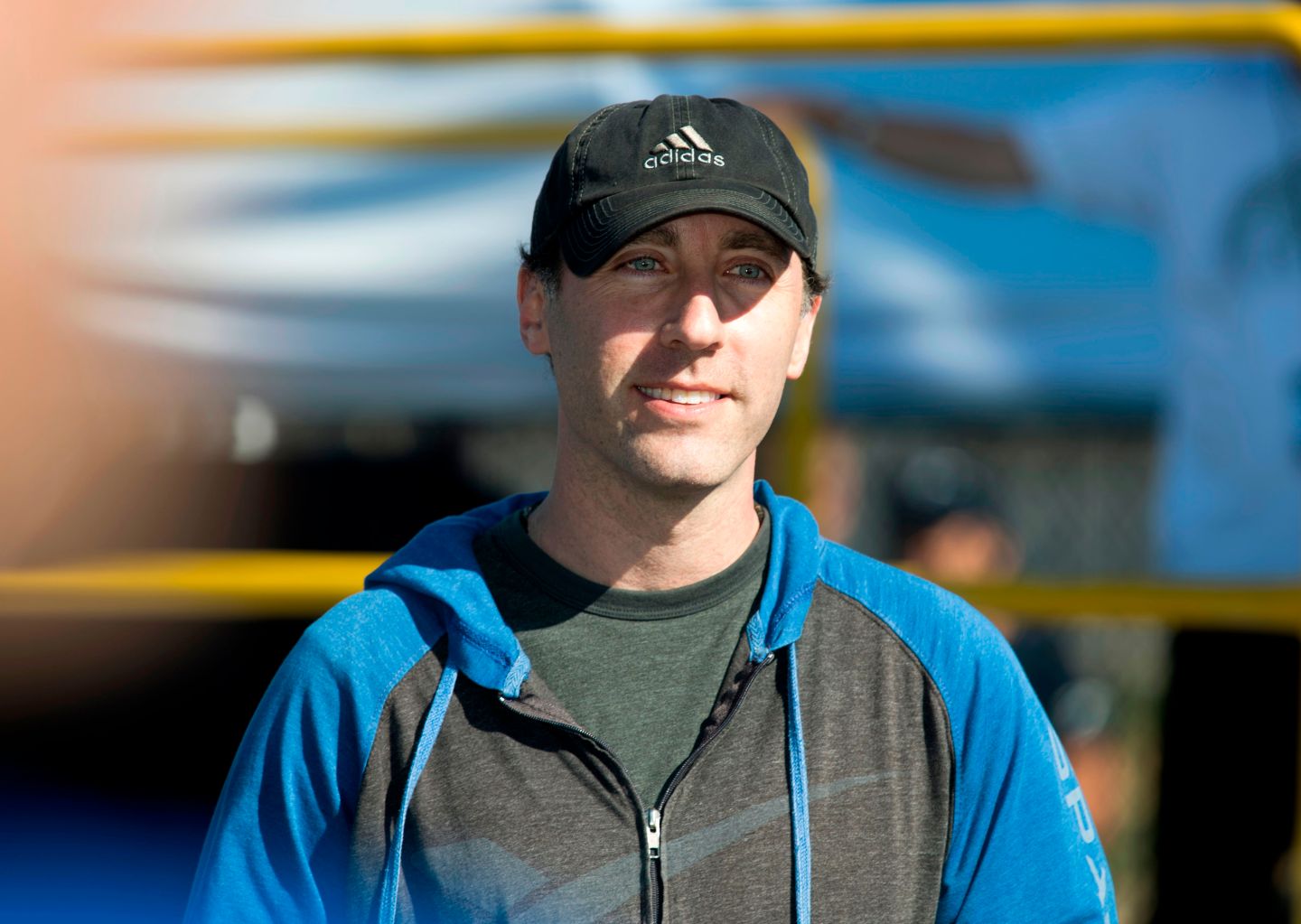This profile is part of “The Coins2Day Entrepreneurs” list. See the full package here.
Piraye Yurttas Beim had a shocking request for the makeup artist at the Yves St. Laurent counter at Bloomingdales. “I want you to make me look older,” she said to an aghast makeup artist. It was 2009, and Beim was in the throes of raising money for her then early stage startup Celmatix, which uses big data to improve fertility outcomes for women. As a 30-year-old PhD in molecular biology, Beim saw that investors and others underestimated her as an biotech entrepreneur because of her age, and scientific background.
Today, Beim laughs about the encounter, as she has proven that she can both be a scientist, an entrepreneur and a CEO (oh, and a mom to two toddlers). Beim’s brainchild, Celmatix, is changing how fertility experts and doctors are helping women choose how to have a child. Celmatix gives fertility doctors a software, called Polaris, that brings in medical history and data from millions of women, to accurately predict what treatments, which range from IVF to freezing one’s eggs, will result in a pregnancy.
“There’s no reason why we should be treating everyone with infertility the same,” Beim told Coins2Day.
Nearly 7 million women in the U.S. Face trouble conceiving a baby, making the fertility business a massive $9 billion industry. In the past, doctors would only take into account factors such as age, but Celmatix’s algorithms compare a database of millions of women who have tackled fertility issues to a patient’s personal health and fertility data. Currently, over 12 fertility clinics in the U.S. Are paying Celmatix an annual fee to help tens of thousands of patients become pregnant.
Polaris takes all of a patient’s health information and compares the profile to successful outcomes with similar health characteristics. The software will then display the likelihoods of success across different fertility treatments. For example, the software might tell a patient that if they continue to try to conceive naturally for the next six months, they have a 4% chance of getting pregnant. But with IVF, or in vitro fertilization, the same patient may have a 60% chance of pregnancy, taking into account her health. The software can also predict how a patient’s chances of getting pregnant will evolve as she ages, and the chances of having multiple pregnancies.
“Polaris is having really powerful effects on patient decision-making,” Beim said. “That’s because ‘one size fits all’ doesn’t apply to fertility.”
Texas-based fertility expert Dr. Francisco Arredondo was one of the first users of Polaris. “One in seven couples face infertility. Polaris allows us to be able to counsel patients with evidence based plans tailored to a patient’s specific needs and circumstances,” Arredondo explained. Part of the software’s use is that it’s an objective voice, based in data and past outcomes, that helps patients who are often emotionally vulnerable when facing fertility challenges.
“It’s been game-changing for our patients,” said Dr. Arredondo, who owns three fertility centers in the San Antonio and Austin areas.
For Beim and her team, Celmatix’s journey is the opposite of the quick, mobile app hits often seen in Silicon Valley. “This has been a been a long journey. We aren’t trying to create an existing model, like an Uber for X. We have built something entirely new.”
Beim isn’t stopping with Polaris. Celmatix, which has raised over $19 million in funding, is in the process of developing a genetic test which would let women understand if they have a mutation that could affect their fertility. The test would allow women with these mutations to bypass trying to get pregnant on their own and go directly to therapies such as IVF.
“This test will be a watershed moment for the fertility industry,” predicted Dr. Arredondo.












